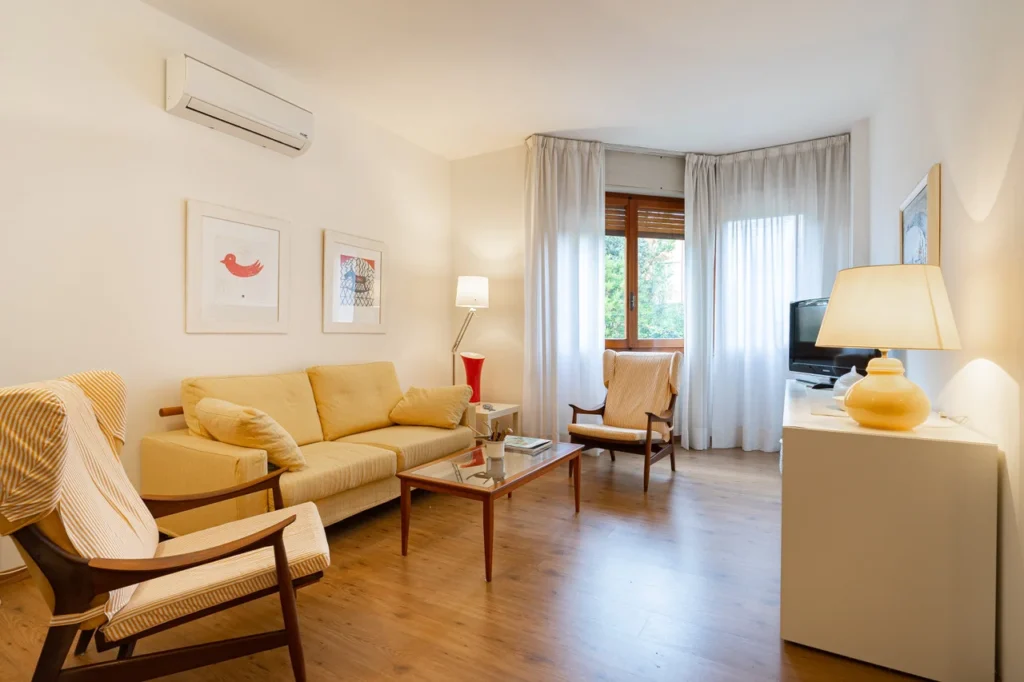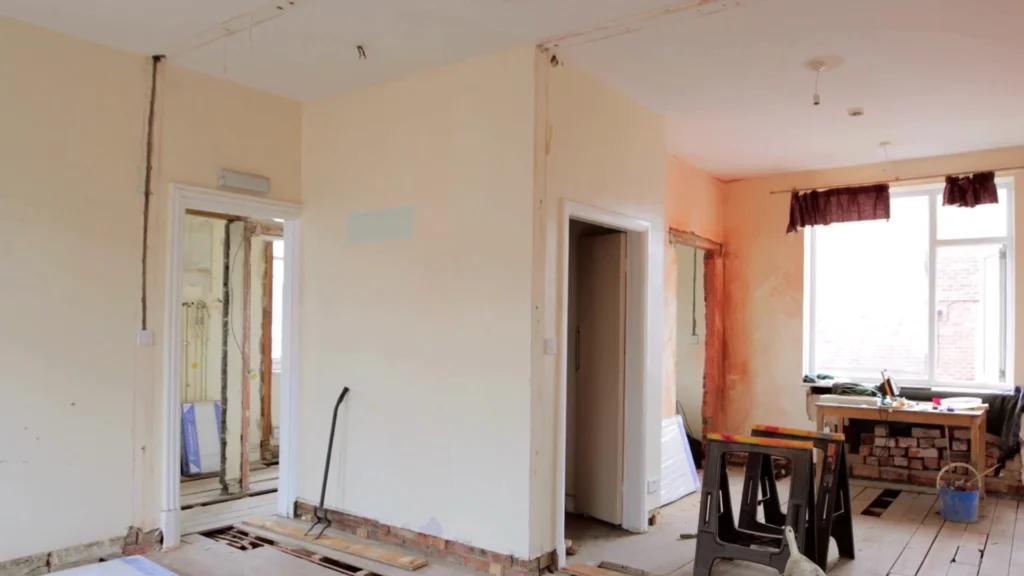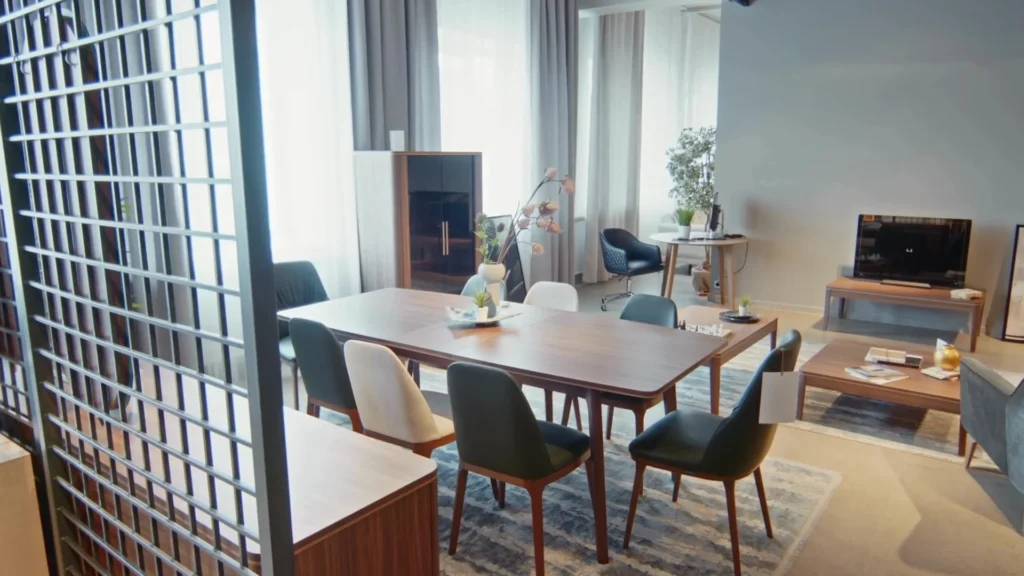When it comes to buying a property, one of the most important decisions you’ll face is choosing between ready-made properties and pre-sale projects. Both options offer distinct advantages and challenges, depending on your priorities, budget, and desired timeline. Understanding the key differences between these two types of properties can help you make an informed choice that aligns with your goals and needs. In this blog, we’ll dive into the advantages and disadvantages of these two types of properties, helping you navigate the decision-making process with confidence.
What Are Ready-Made Properties?

This type of properties are homes that are already constructed and available for immediate purchase. These properties are typically built and finished, allowing the buyer to move in right away. These properties can include everything from single-family homes to apartments, villas, or townhouses, all of which are fully completed and ready for occupancy.
What Are Pre-Sale Projects?
Pre-sale projects refer to properties that are still in the planning or construction phase but are available for purchase before they’re finished. Buyers can invest in these properties while they’re being built, often during the early stages of construction. Pre-sale projects might be a new development of apartments, houses, or commercial spaces, and buyers often receive a discount for purchasing before the property is completed.
1. Timeline and Flexibility
One of the most significant differences between these two is the timeline for ownership.
- Ready-Made Properties: These properties are available for immediate purchase, which means you can move in as soon as the paperwork is complete. This option is ideal for those who need to settle quickly or don’t want to wait for construction to be finished.
- Pre-Sale Projects: With pre-sale projects, the timeline is longer. Buyers may need to wait anywhere from several months to a few years for the property to be completed, depending on the development’s progress. While this gives buyers time to save more money, it requires patience and a willingness to plan for the future.
2. Customization and Personalization

- Ready-Made Properties: When you purchase this kind of property, customization is usually limited. The property is already built, so you’re buying it as-is, which means any changes to the design, layout, or finishes would require renovations after purchase. However, this can be an advantage if you prefer to see exactly what you’re buying before making a decision.
- Pre-Sale Projects: One of the biggest advantages of buying a pre-sale project is the potential for customization. Depending on the developer and the stage of construction, buyers may have the opportunity to choose finishes, fixtures, and even make adjustments to floor plans. This can give you a more personalized living space that reflects your style and preferences.
3. Price and Value
- Ready-Made Properties: These properties are typically priced based on current market conditions, meaning the price is fixed and may reflect the property’s location, age, and condition. Buyers of these properties may find they pay a premium if the property is in a prime location or has been recently renovated.
- Pre-Sale Projects: Pre-sale projects often come with a lower initial price compared to ready-made properties. Developers may offer special incentives, such as early-bird discounts, making them an attractive option for buyers looking to invest at a more affordable price. Additionally, as the market value rises during the construction phase, there is a potential for capital appreciation before the property is even completed. However, it’s essential to consider the risks involved, as prices could fluctuate based on market conditions or delays in construction.
4. Risk and Uncertainty

- Ready-Made Properties: The biggest advantage of these properties is the certainty they offer. As the property is already constructed, you can physically inspect the space, assess the quality of construction, and even check for potential issues. This reduces the risk of unexpected surprises and allows you to make a more informed decision.
- Pre-Sale Projects: Pre-sale projects carry more risk due to the uncertainty surrounding the completion of the property. While developers provide estimates on when the project will be finished, delays can occur due to a range of factors, such as supply chain issues, labor shortages, or unforeseen construction challenges. Additionally, there’s always a risk that the final product might not meet expectations, although this can be mitigated by choosing a reputable developer with a strong track record.
5. Condition and Maintenance
- Ready-Made Properties: Since these properties are already constructed, they are typically in move-in condition. However, depending on the age of the property, there may be wear and tear or maintenance issues that need to be addressed, such as outdated appliances, plumbing, or structural issues. Buyers of these homes should budget for possible repairs and renovations in the near future.
- Pre-Sale Projects: Pre-sale projects, being brand new, come with the benefit of modern construction and state-of-the-art finishes. New builds often have fewer immediate maintenance concerns, and many come with warranties covering structural issues, appliances, and other components for a set period. This can give buyers peace of mind knowing they won’t face expensive repairs shortly after moving in.
6. Investment Potential

- Ready-Made Properties: These properties can be an excellent option for investors who are looking for immediate returns or rental income. These properties are available for immediate occupancy or leasing, and they allow investors to start generating revenue right away.
- Pre-Sale Projects: Pre-sale properties can also be a strong investment opportunity, especially in rapidly developing areas. If the location is expected to grow in value, purchasing a pre-sale project can offer significant capital appreciation once the property is completed. However, the return on investment may take longer to materialize, and there’s more uncertainty about future market conditions.
7. Developer Reputation
- Ready-Made Properties: When buying this kind of property, you can evaluate the builder’s reputation based on the existing properties they’ve constructed. Reviews, word-of-mouth, and previous projects give buyers a clear picture of the builder’s track record.
- Pre-Sale Projects: With pre-sale projects, it’s essential to do thorough research on the developer. A well-established and reputable developer will increase the likelihood that your property will be delivered on time and meet your expectations. It’s crucial to look for reviews, past projects, and financial stability before committing to a pre-sale purchase.
Conclusion

Ultimately, whether you choose ready-made properties or pre-sale projects depends on your specific needs and preferences. The first one offer the benefit of immediate availability and certainty, while the second one provide the potential for customization and a lower initial investment. Understanding the pros and cons of each option will help you make a well-informed decision, ensuring your investment aligns with your lifestyle and long-term goals.
At Exir Properties, we are here to help guide you through the decision-making process and find the right property for your needs. Reach out to us today to explore the best options available to you.





